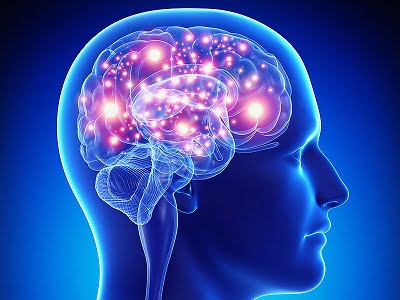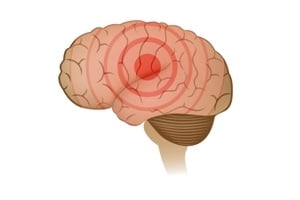What Are The Causes of Epilepsy?
- Updated on: Jul 29, 2024
- 2 min Read
- Published on Feb 21, 2021

What Causes Epilepsy?
In most of the epilepsy cases, a cause cannot be identified. If there is an identifiable cause, it usually involves brain as being affected by the disorder. This implies that activities in the brain may be the primary reason for the problem.
The brain is includes nerve cells, electrical impulses and various types of chemicals, known as neurotransmitters. Any damage to the brain, no matter how small it is, has the potential to disrupt the functioning of the brain and cause problems such as seizures.
There are two main types of epilepsy:
Idiopathic (or primary) epilepsy – In this condition, there is no identified cause for epilepsy. However, the person may have a family history of the disease that is indicative of the condition to be genetically inherited
Symptomatic (or secondary) epilepsy – In this condition, there is a known cause for epilepsy in a person.
Causes of Idiopathic epilepsy
In many cases, the cause of epilepsy cannot be found. This may be because diagnostic equipment and techniques are not advanced enough to find such types of damage that occur in the brain. Another reason could be that the epilepsy has a genetic cause. Some people have genes that make epilepsy more likely to develop.
Scientists suggest that small genetic changes in the brain may lead to epilepsy. Research is being conducted to identify defects in certain genes that may affect electrical transmission of signals in the brain and possibly lead to the disease. Many studies have been carried out by now; however, no strong evidence has so far been established to prove a particular gene to cause the development of epilepsy in a person.
Causes of Symptomatic epilepsy
The causes of symptomatic epilepsy includes such as:
• cerebrovascular problems such as a stroke or subarachnoid haemorrhage
• brain tumours
• head injuries for instance, during a car crash
• drug abuse
• alcohol misuse
• infections that can damage the brain such as meningitis, AIDS and viral encephalitis.
• birth-related problems such as the umbilical cord getting twisted or compressed during labour, prenatal injury etc
• some parts of the brain not developed completely
Symptomatic epilepsy is more common in older people, particularly in people over 60 years of age. However, in some cases, it can develop in childhood also.
Some researchers believe that the chances of getting epilepsy are almost always genetic to some extent, in that a person who starts having seizures has always had some level of genetic association to do so. This tendency can range from high to low and anywhere in between in different people.
Even if seizures start after a brain injury or other changes in the brain, this may be due to both the structural change and the genetic tendency to seizures of a person. This is validated from the observation that many people have a similar brain injury but not all of them get epilepsy. Research is being done to understand more about why seizures happen in some people but not in others.











